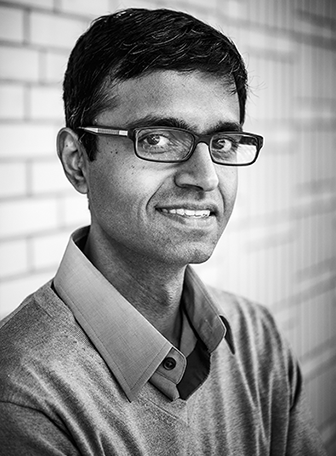
Siddhartha Srinivasa
Prof. Siddhartha Srinivasa founded the Personal Robotics Lab with the goal of enabling robots to perform complex manipulation tasks under uncertainty and clutter, with and around people. Sidd is also passionate about building end-to-end systems (HERB, ADA, HRP3, CHIMP, Andy, among others) that integrate perception, planning, and control in the real world. Understanding the interplay between system components has helped produce state of the art algorithms for object recognition and pose estimation (MOPED), and dense 3D modeling (CHISEL, now used by Google Project Tango).
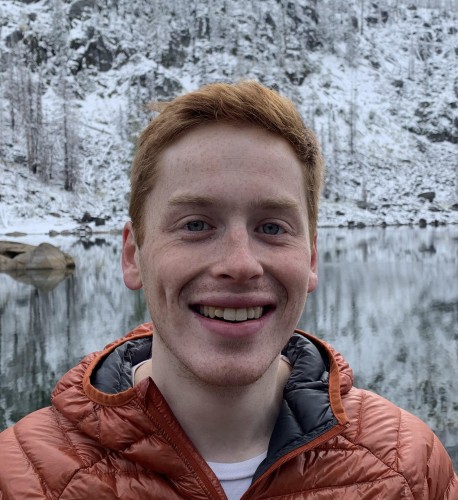
Matt Schmittle
Matt Schmittle is a PhD student at the University of Washington advised by Siddhartha Srinivasa. His research interests are in using Bayesian and online methods for model-based manipulation. Matt earned his B.S. in Computer and Information Sciences from the University of Delaware. He has previously worked as a research intern in GRASP Lab at UPenn.
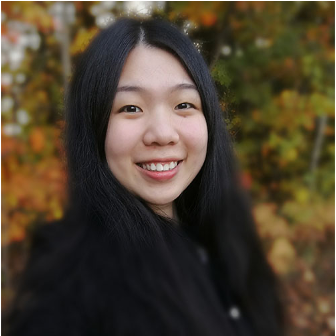
Helen Wang
Helen Wang is a PhD student at the University of Washington advised by Siddhartha Srinivasa and Dieter Fox. Her research interests are in robot learning, vision, and planning. Helen earned her B.A.Sc in Engineering Science - Robotics Engineering from the University of Toronto.
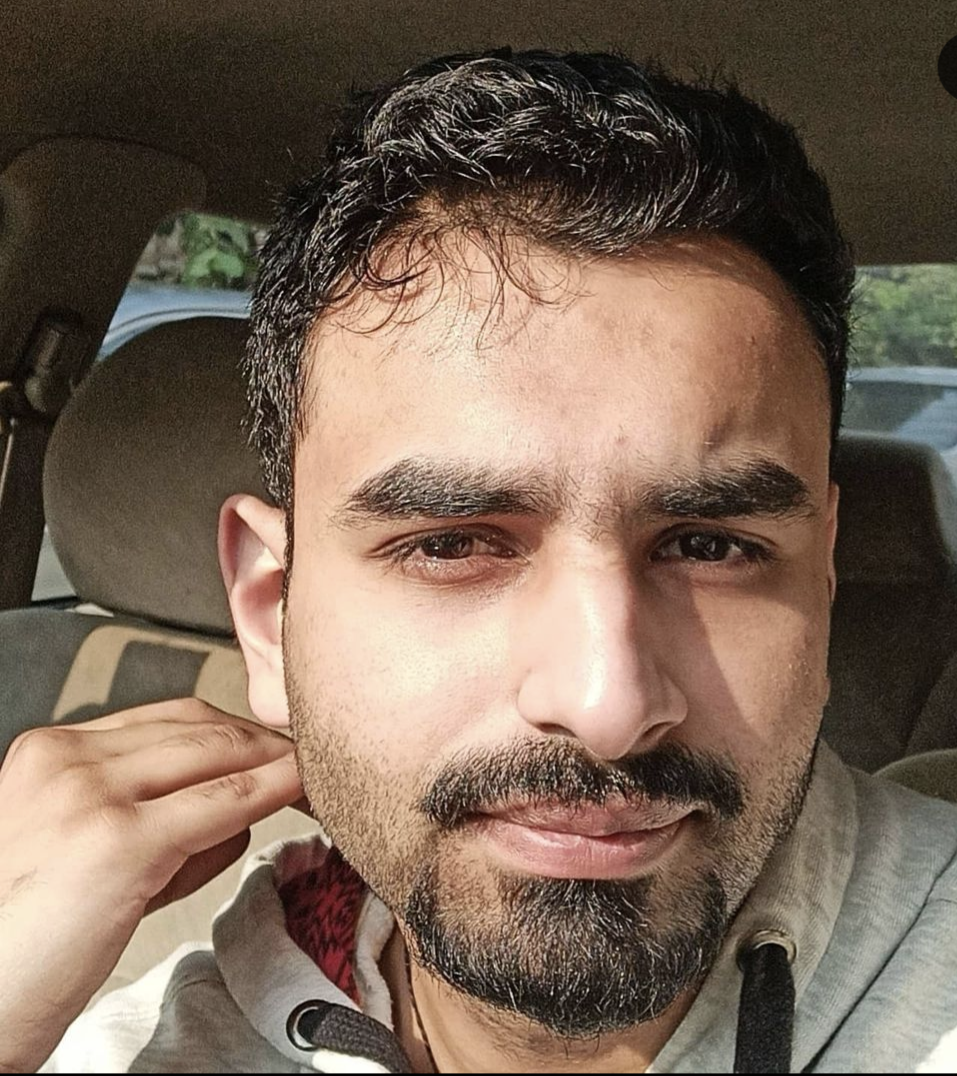
Sidharth Talia
Sidharth Talia is a Ph.D. student at the University of washington advised by Siddhartha Srinivasa. He currently leads the MuSHR project and is interested in control and estimation for mobile robotics, leaning towards agile autonomy and field robotics. He worked remotely with the P.R.L. before his Ph.D., and has spent significant time in labs as well as start-ups incubated in IIT-Delhi while earning his Bachelors in Technology from Bharati Vidyapeeth College of Engineering Delhi.
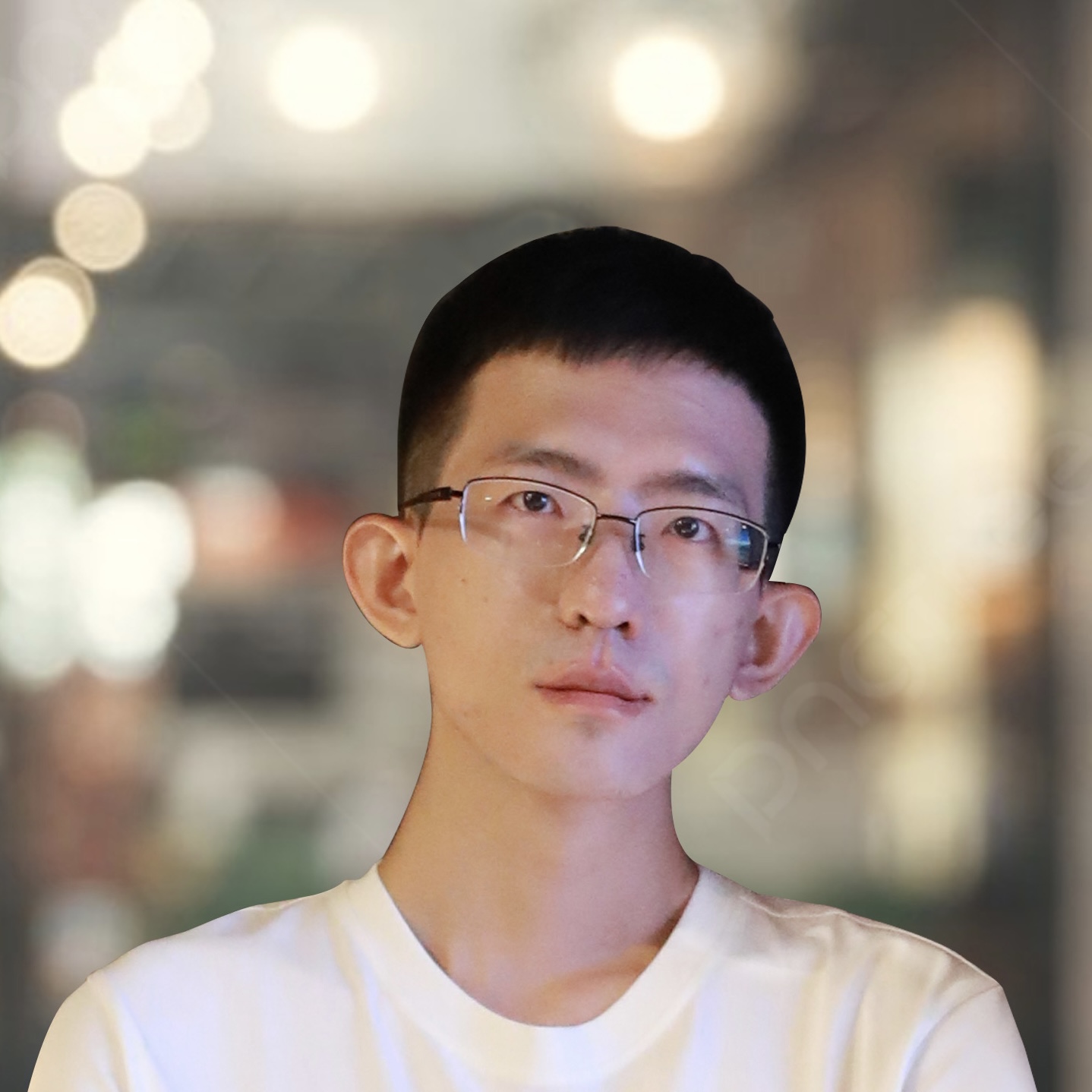
Yunchu Zhang
Yunchu Zhang is a PhD student at the University of Washington advised by Siddhartha Srinivasa and Abhishek Gupta. He is interested in combining classic and learning methods to make robots smart. Before joining UW, he earned his M.S. from the Robotics Institute at Carnegie Mellon University.
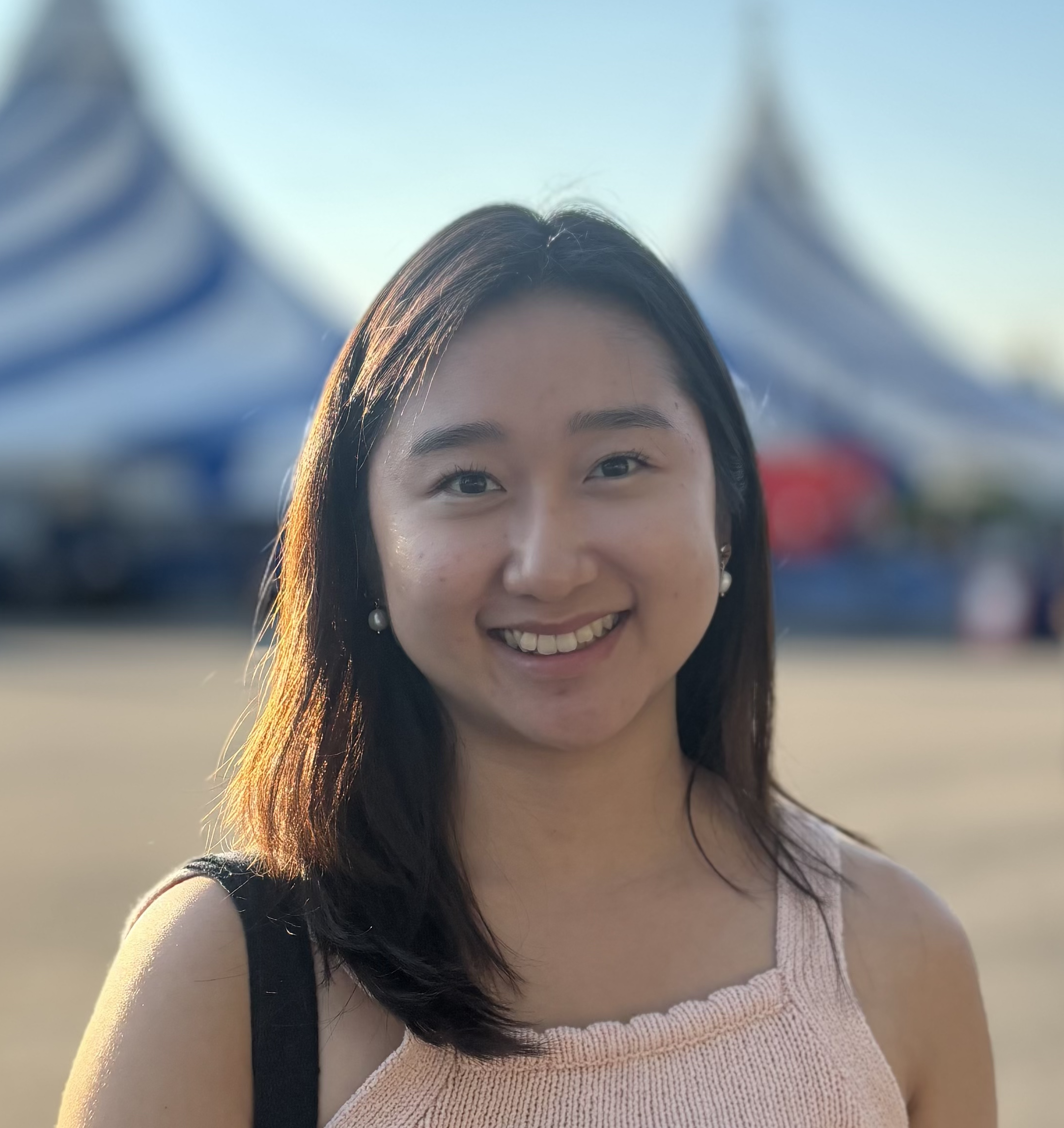
Yewon Lee
Yewon Lee is a PhD student at the University of Washington advised by Siddhartha Srinivasa. She is interested in decision making and control algorithms for robot manipulation. Previously, she earned her M.Sc. in Computer Science and B.A.Sc. in Engineering Science at the University of Toronto.
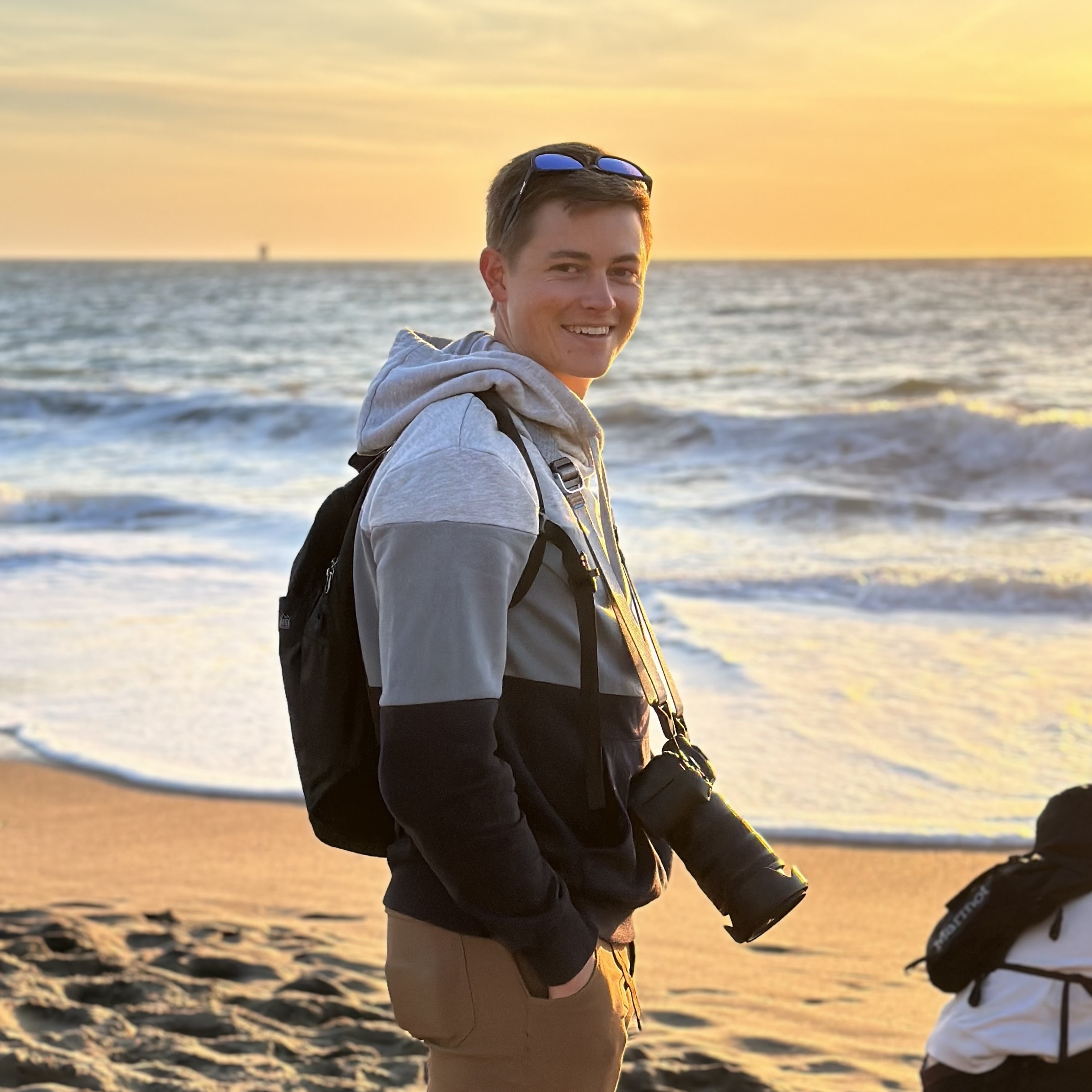
Ethan Pronovost
Ethan Pronovost is a PhD student in CSE at the Univesity of Washington, advised by Siddhartha Srinivasa. He earned a B.S. in Computer Science and Math from Caltech and spent several years as an ML researcher at Zoox.
Alumni
Students
- Amal Nanavati
- PhD 2025, now Engineer at Zoox
- Liyiming Ke
- PhD 2024, now at Physical Intelligence (π)
- Samuel Ainsworth
- PhD 2023, now Research Scientist at Cruise
- Ethan K. Gordon
- PhD 2023, now Postdoc at UPenn
- William Agnew
- PhD 2023, now Postdoc at CMU
- Brian Hou
- PhD 2022, now Researcher at Aurora Innovation
- Sherdil Niyaz
- PhD 2022, now Engineer at Motional
- Patrick Lancaster
- PhD 2022, now Postdoc at Meta (FAIR)
- Nansong Yi
- MS 2021, now Engineer at Amazon
- Aditya Mandalika
- PhD 2021, now Researcher at Aurora Innovation
- Gilwoo Lee
- PhD 2020, now CEO and Founder of Zordi
- Colin Summers
- MS 2020
- Matthew Rockett
- MS 2020, now Engineer at Zordi
- Johan Michalove
- MS 2019, now PhD at Cornell
- Jeongseok Lee
- MS 2018, now Research Engineer at Meta Reality Labs
- Laura Herlant
- PhD 2018, now Research Scientist at BDAII
- Zita Marinho
- PhD 2018, now Research Scientist at Sacoor Brothers
- Stefanos Nikolaidis
- PhD 2018, now Assistant Professor at USC
- Shervin Javdani
- PhD 2017, now Researcher at Aurora Innovation
- Shushman Choudhury
- MS 2017, now PhD at Stanford
- Rosario Scalise
- MS 2017, now PhD at UW
- Shen Li
- MS 2017, now PhD at MIT
- Jennifer King
- PhD 2016, now Researcher at Berkshire Grey
- Michael Koval
- PhD 2016, now Researcher at Waymo
- Chris Dellin
- PhD 2016, now Researcher at Nuro
- Matt Klingensmith
- PhD 2016, now Engineer at Boston Dynamics
- Aaron Walsman
- MS 2015, now PhD at UW
- Anca Dragan
- PhD 2015, now Assistant Professor at Berkeley
- Elizabeth Cha
- MS 2014, now at Aurora
- Mehmet Dogar
- PhD 2013, now Assistant Professor at University of Leeds
- Kyle Strabala
- MS 2012, now Scientist at Near Earth Autonomy
- Alvaro Collet
- PhD 2012, now Research Scientist at Facebook
- Dmitry Berenson
- PhD 2011, now Associate Professor at Michigan
- Garratt Gallagher
- MS 2009, now at Google Robotics
- Martin Herrmann
- MS 2009, now at TU Braunschweig
Postdoctoral Fellows
- Taylor Kessler Faulkner
- 2022-2024, now Lecturer at the University of Washington
- Christoforos Mavrogiannis
- 2019-2023, now Assistant Professor at University of Michigan
- Tapomayukh Bhattacharjee
- 2017-2021, now Assistant Professor at Cornell
- Fereshteh Sadeghi
- 2019, now Research Scientist at DeepMind
- Sanjiban Choudhury
- 2018-2019, now Assistant Professor at Cornell
- Matt Barnes
- 2018-2019, now at Google
- Daqing Yi
- 2016-2018, now at Google
- Oren Salzman
- 2016-2017, now Assistant Professor at the Technion
- Henny Admoni
- 2015-2017, now Assistant Professor at CMU
- Aaron Johnson
- 2015-2016, now Assistant Professor at CMU
Research Staff
- Haya Bolotski
- 2024, now undergraduate at MIT
- Raida Karim
- 2022-2023
- Rishabh Madan
- 2019-2020, now PhD at Cornell
- Youngsun Kim
- 2017-2019, now at Amazon
- Hanjun Song
- 2016-2019, now PhD at MIT